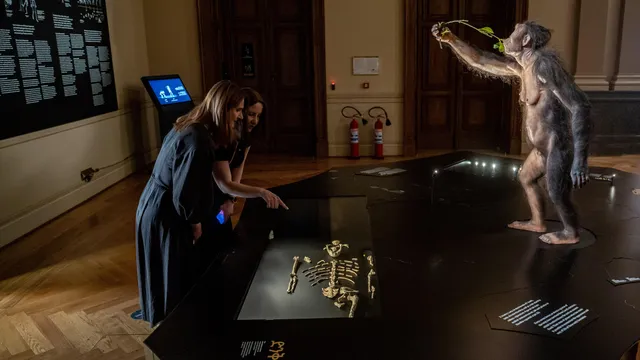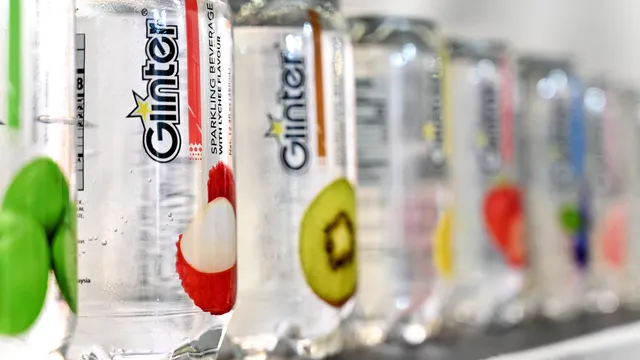Sharks without teeth may sound like a dream come true for swimmers and surfers. However, a new study shows that ocean acidification may deprive top predators of their vital weapon for survival.
Sharks' jaws have several rows of teeth, and new ones grow quickly to replace lost ones. However, rapid ocean acidification damages sharks' teeth and may accelerate their loss beyond the rate of replacement. Sharks with bad teeth may have difficulty feeding effectively, "which could potentially affect shark populations and the stability of the marine ecosystem," the study said.
Ocean acidification is caused by the rapid absorption of carbon dioxide, which creates a chain reaction and lowers pH levels. Projections indicate that the oceans could become much more acidic by 2300, with the average pH falling from around 8.1 to 7.3. This change will have "profound consequences for marine organisms," the study notes.
To test the effects of acidity, researchers stored 60 recently shed shark teeth in tanks of artificial seawater, one of which corresponded to the current average ocean pH of 8.1 and the other to the predicted pH of 7.3. The teeth, collected safely from a German aquarium, had already been naturally shed by six male and four female blacktip reef sharks, according to The Guardian.
After eight weeks, the teeth in the more acidic tank had suffered about twice as much damage, said Maximilian Baum, lead author of the study and a researcher at the Institute of Zoology and Organism Interactions at Heinrich Heine University in Germany. The effects included "increased root corrosion and altered serration," he said.
Dental stress adds to other problems facing sharks, which include a shortage of prey caused by overfishing.
Reducing human-caused CO2 emissions is vital to mitigating ocean acidification. Previous studies have found that acidification damages denticles, the tooth-like scales on sharks' skin.
Even a moderate decrease in pH could affect more sensitive shark species, such as those that use fewer rows of teeth or have a slower replacement rate, Baum noted.
"I think it will have an effect on the teeth of ocean predators in general, when they are highly mineralized structures, as we have in sharks," he explained.
Previous studies have shown that acidity damages shells, corals, and mussels, "and that was the reason we did this study, to show the effects on larger predators."
More optimistically, Baum believes that sharks can adapt by accelerating tooth replacement and strengthening their regeneration.
Lisa Whitehead, a professor at Allegheny College in Pennsylvania who is an expert on shark teeth and was not part of the research team, said the new study complements initial findings on shark teeth and acidity. She also suggested that tooth replacement may compensate for acidity damage and added that corroded teeth may still be effective.
"It will be interesting to see in future studies whether the tooth damage observed in studies such as this one leads to a functional effect on the tooth's ability to perform its function [and whether] damaged teeth can still cut or pierce prey," she said. | BGNES

 Breaking news
Breaking news
 Europe
Europe
 Bulgaria
Bulgaria







